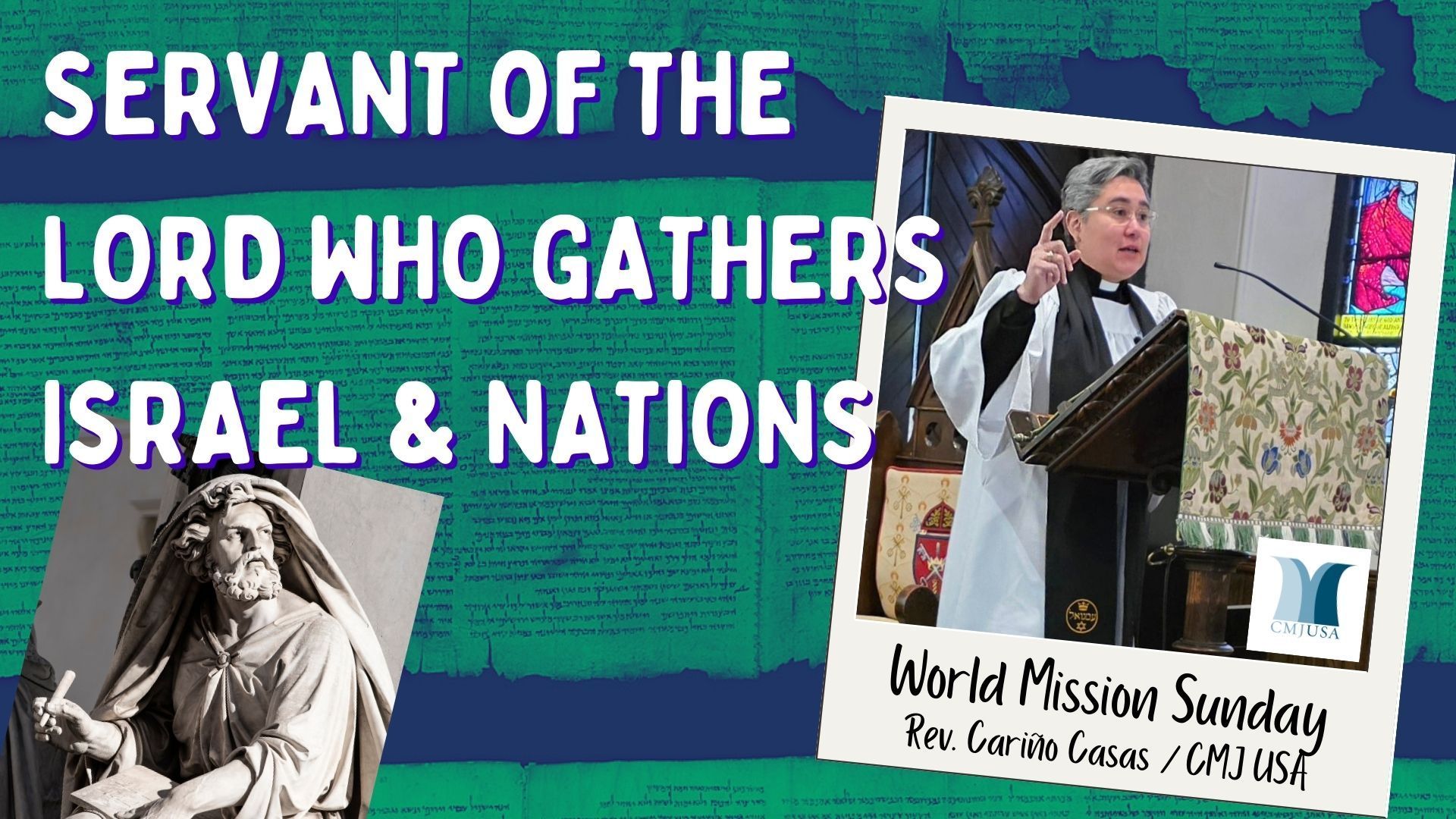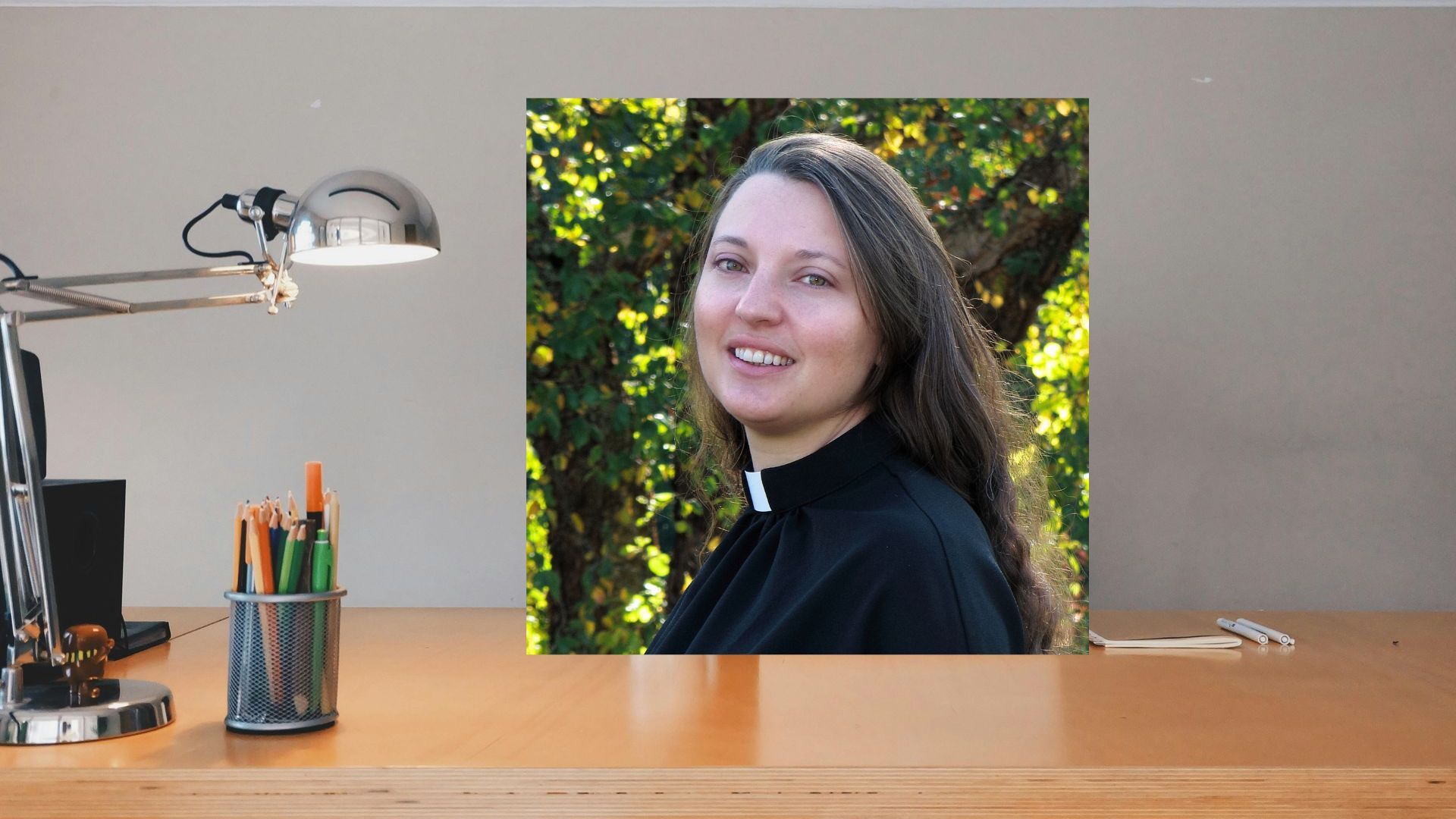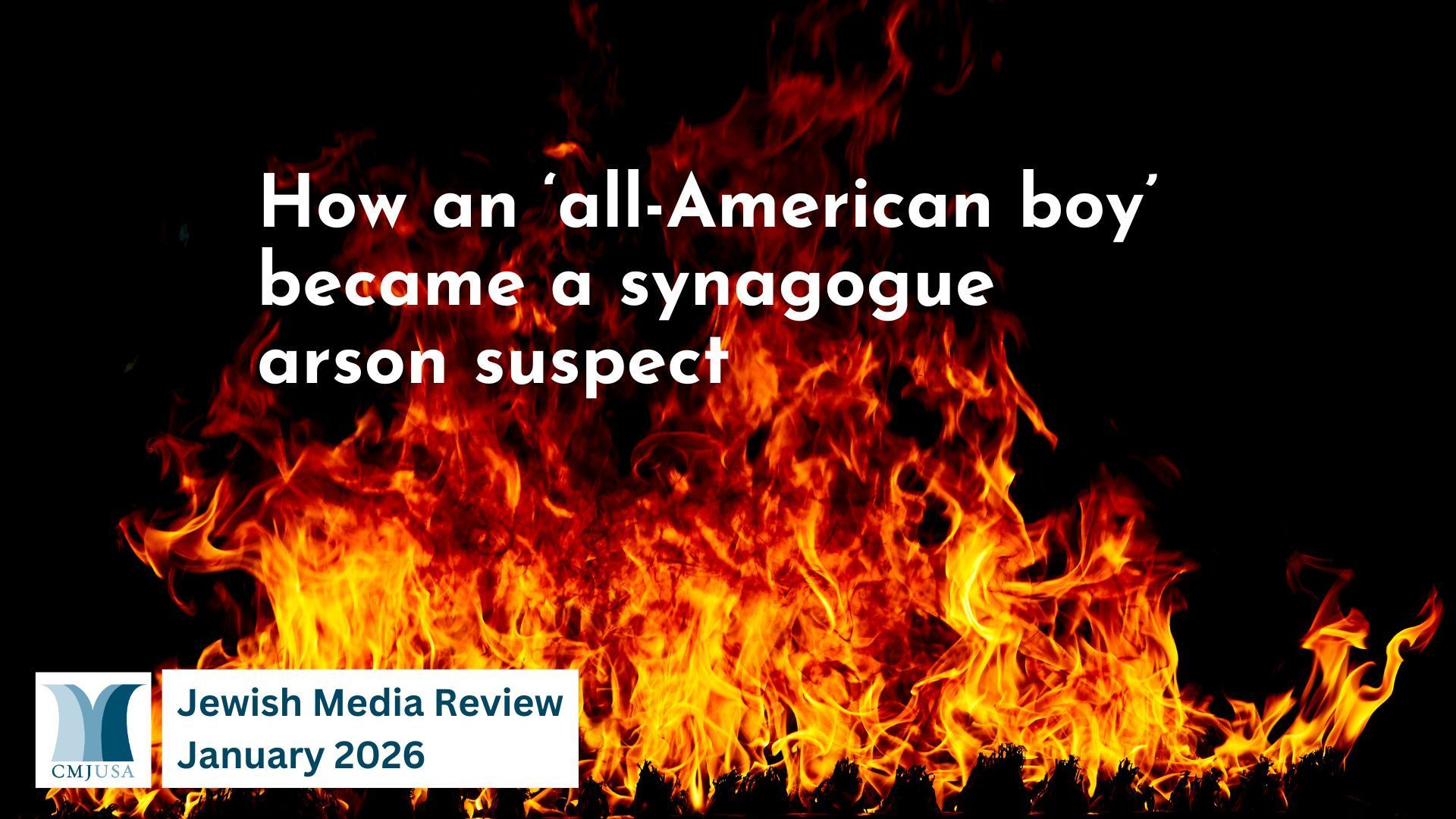Bonhoeffer film director on faith and film
Interview: Todd Komarnicki and Daniel Boot of CMJ UK
CMJ UK's Daniel Boot speaks with director Todd Komarnicki about his new film, his journey of faith, and the enduring legacy of Dietrich Bonhoeffer. This transcript has been edited for clarity.
Daniel Boot: Todd, thank you so much for taking the time to talk to me. I really appreciate it. I’m just a humble plumber in my past life and only recently started working for CMJ, so interviewing Hollywood directors isn’t exactly my usual gig.
Todd Komarnicki: Well, I’ll say this—one thing they tell you in America to never DIY is plumbing. So I have massive respect for plumbers!
Daniel: That’s good to know—thank you! Are you in the US now or the UK?
Todd: I’m in Ireland. We had the Irish premiere last night in Limerick, and the London premiere last week. I finally go home on Friday. I’m so grateful. Anytime I get a chance to talk about Dietrich Bonhoeffer and his story and how important it is today, I’m happy to do it.
Faith and Foundations
Daniel: I understand you’re a Christian. Could you tell me a little about your own journey to faith?
Todd: I was raised in a home where Jesus was the center of my parents’ life. I thought I understood it, but when I left home, I realized I didn’t have the deep connection of faith I thought I did. Halfway through my freshman year at university, my faith pretty much vanished. I spent two years in the wilderness, looking everywhere but back to God.
But the God I had rejected never rejected me. When I finally turned toward Him, He embraced me like the father in the story of the prodigal son. In my early 20s, I accepted Jesus. It’s been a beautiful, ever-deepening ride since then.
Daniel: That reminds me of a line from the film: “I made my choice 12 years ago, long before I knew what it would mean.” That really struck me.
Todd: Yes, it gets sweeter and sweeter as the days go by. The love story between God and mankind—and then the personal love story between Jesus and each of us—is the most beautiful thing. As Scripture says, “Draw near to God and He will draw near to you.”
From Clint Eastwood to Bonhoeffer
Daniel: You’ve worked with Clint Eastwood on Sully. Were you starstruck?
Todd: The first time we spoke on the phone, I was a wreck. I’d been told, “The boss will call you sometime today.” When he finally did, I tried not to go fanboy—but I failed. I started gushing about Unforgiven. He graciously interrupted me and told me a story about a letter he has framed in his office. It was from a script reader who said Unforgiven was a terrible script and no one should make it. He keeps it to remind himself never to let others talk him out of what he loves.
Daniel: That’s a powerful lesson.
Todd: Especially in this internet age, where criticism can drown out encouragement. We need to listen to the right voices—Scripture, community, God—not the noise.
Becoming a Director
Daniel: How did you get into directing?
Todd: I made a small digital film in my early 30s for $27,000—and met my wife, Jane, through it. Later, I directed a WWII film called Resistance, but it was a tough experience due to financial issues. I didn’t direct again for a long time.
After working with Clint on Sully, people started offering me directing jobs again. I was hired to write Bonhoeffer, and then they asked me to direct it. I said no for a year. But one Friday night, the producers said they’d start looking for other directors on Monday. That weekend, my wife said, “We’re relocating to Europe. You’re directing Bonhoeffer.” So I said yes.
Favorite Scenes and Spiritual Moments
Daniel: What’s your favorite scene in the film?
Todd: Two come to mind. First, the sermon at Kaiser Wilhelm Church. We had 250 extras, and during rehearsal, Jonas Dassler (who plays Bonhoeffer) gave a full performance. When we called “cut,” the extras broke into spontaneous applause. It was a Holy Spirit moment.
Second, the communion scene at the end. We shot it as a 13-minute continuous take. When we finished, the actors embraced—not for the scene, but because of what they’d experienced. It reminded me of the power of sharing communion with the body of Christ.
Faith, Courage, and Moral Dilemmas
Daniel: One of the film’s big challenges is the moral dilemma of when, if ever, it’s right to kill. Bonhoeffer was a pacifist, yet he joined a plot to assassinate Hitler.
Todd: Millions of soldiers have fought and died while believing in Jesus. But Bonhoeffer was a civilian. It’s a different kind of moral weight. This film isn’t a call to violence—it’s a call to love. But it does ask: how do we discern God’s call in dark times?
What the Film Hopes to Inspire
Daniel: What do you want people to take away from Bonhoeffer?
Todd: That Bonhoeffer was just like us. He wasn’t a superhero. He wrestled with his faith, but he always returned to God. He’s a man from the Garden of Gethsemane—like Jesus, he said, “Not my will, but Yours.”
Also, I want this film to encourage people. Not just cheer them up, but give them courage. That’s what encouragement really means.
Honoring Jewish Roots
Daniel: CMJ has long worked to present Jesus as Messiah to the Jewish people. In the film, there’s a line about removing the Jewish roots from the church. What are your thoughts?
Todd: It’s crazy that there’s any antisemitism among Christians. There is no Christianity without Judaism. We’re brothers. We should be arm-in-arm. God chose to come to us through a child born in the Middle East. We need humility and a deep connection to our Jewish roots.
Daniel: Todd, thank you so much for your time and for this powerful film. I think it will bless many people—Christian and otherwise.
Film trailer
Blessed by this post? Ready to sow into the work of CMJ? No gift is too small. we are blessed by your partnership.



